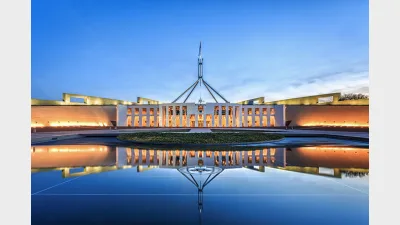IP applications surge after new ESI Super deal
Income protection insurance applications at ESI Super have surged from about one per week to 60 since the fund formed a partnership with Australian Income Protection (AIP).
The partnership followed research into ESI Super members’ income protection insurance, which found that 60 per cent of members did not have enough cover to provide at least 50 per cent of their income.
With the new income protection insurance product, cover up to $30,000 a month will no longer need to be underwritten under the two-year benefit payment option, which means evidence of members’ good health is not required, according to ESI Super.
Members can also access income protection cover beyond the two-year benefit period, meaning members receive an extended benefit payment after the initial two years until the age of 65.
New and existing ESI Super members who joined in December 2009 and January 2010 will be able to take out the new income protection cover by waiving all underwriting and pre-existing sickness requirements for members.
“AIP not only delivered effective cover and higher benefits but also ensured the cover had flexibility, low fees and low administration costs for ESI Super,” said ESI Super chief executive Robyn Petrou.
The new product demonstrated the underlying demand for tailored and cost-effective cover, she said. ESI Super had reinforced to members the importance of income protection insurance, and in doing so was helping to ensure members had an adequate level of cover.
Recommended for you
The US remains a standout destination for innovation and commercialisation, according to MLC Asset Management chief investment officer Dan Farmer.
Hostplus’ MySuper Balanced option delivered significantly stronger returns in 2024–25, bouncing back from the previous year when its cautious stance on listed markets came at a cost to members.
Introducing reforms for strengthening simpler and faster claims handling and better servicing for First Nations members are critical priorities, according to the Super Members Council.
The Commonwealth Bank has warned that uncapped superannuation concessions may be “unsustainable” and has called for the introduction of a superannuation cap.











